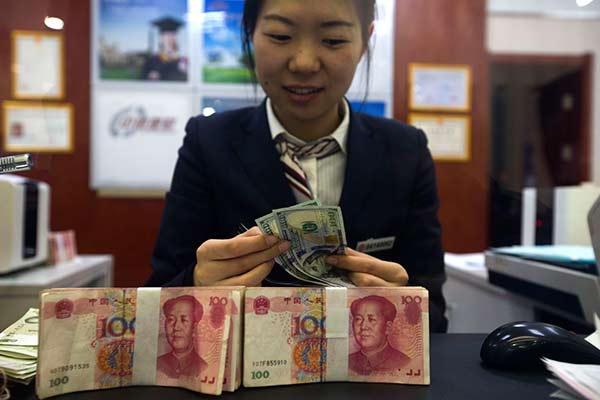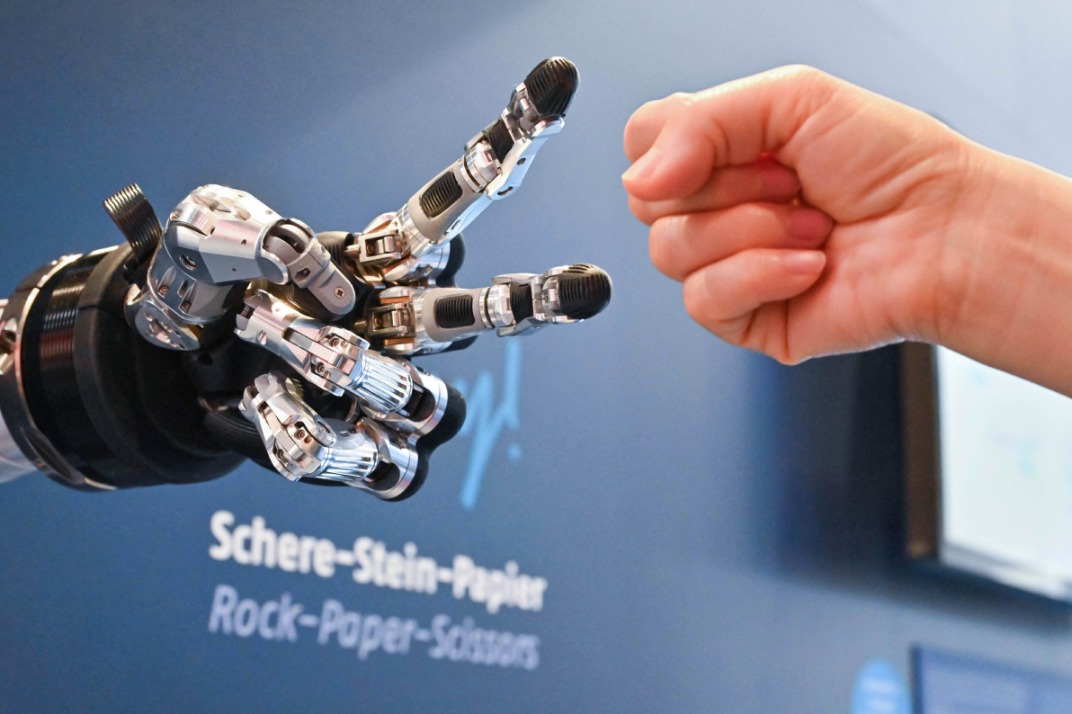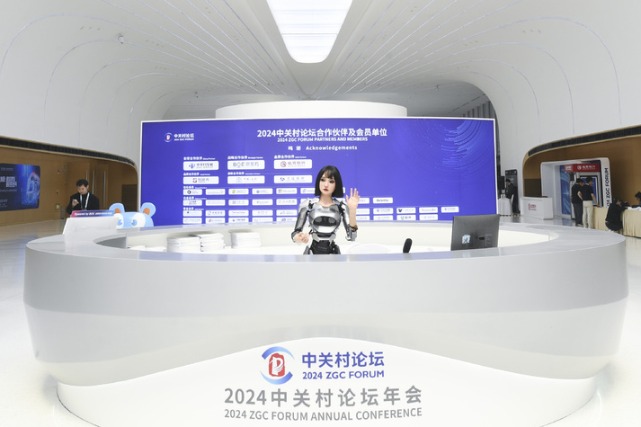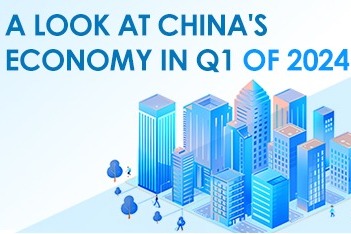PBOC hikes open market rate


Higher price for seven-day reverse repos to help offset Fed move
China's central bank raised its open market interest rate for the second time in less than four months on Thursday, in response to the US Federal Reserve's rate hike, in line with the monetary policy target supporting financial deleveraging and preventing risks.
The People's Bank of China announced on its website that it would undertake open market operations-raising the seven-day reverse repurchase interest rate at auction by 5 basis points, from 2.50 percent to 2.55 percent, a few hours after the Fed's rate hike. The benchmark interest rate has remained unchanged since October 2015.
Similar measures to raise rates by 5 basis points had been taken by the central bank in December, following the Fed's last rate hike of 25 basis points.
This time, the US Fed decided to raise the target range for the federal funds rate from 1-1.5 to 1-1.75 percent, up 25 basis points. The monetary policy stance remains accommodative, given a continually strengthening labor market and moderately rising economic activity with inflation remaining below 2 percent.
The US central bank also hinted of further rate hikes in the coming months, or "further gradual adjustments in the stance of monetary policy", recorded in the Federal Open Market Committee's statement, estimating that economic activity will expand at a moderate pace in the medium term and labor market conditions will remain strong, while inflation is expected to move up.
Chinese monetary policy adjustment "is consistent with market expectations" and it is a "normal" reaction following the US rate hike, said a statement from the PBOC.
The move could also "restrain irrational financing activities and stabilize the macro leveraging level", according to the PBOC.
While some other major economies are gradually ending quantitative easing policies, China's monetary authority prefers to adjust short-term open market interest rates, instead of changing policy interest rates, to balance multiple monetary policy targets including ensuring sufficient market liquidity, preventing financial risks and supporting real economic growth.
Yi Gang, the central bank's former vice-governor, who just took the helm from governor Zhou Xiaochuan, is expected by policy watchers to maintain the monetary policy stance as prudent and neutral this year.
"We do not expect the central bank to raise the benchmark saving interest rate," said Yan Se, a professor at Guanghua School of Management of Peking University.
"But it is likely that the open-market operation, medium-term lending facility and standing lending facility rates will be hiked by a total of 20 basis points in 2018."
"Banks are likely to raise actual saving rates to prevent further outflows to wealth management products," he added.
Some analysts, however, expect the central bank to raise benchmark interest rates, or asymmetrically raise the one-year deposit rate later this year, to keep the US-China rate differential from getting too wide and prevent a surge of capital outflows from China.




































